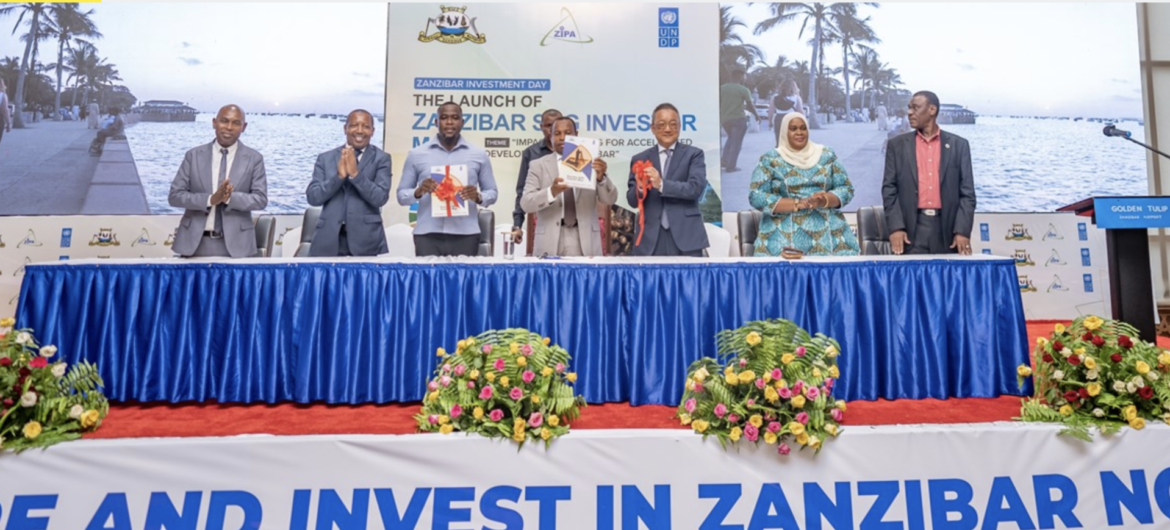The process of buying land and property in Zanzibar is a multifaceted endeavor that requires a deep understanding of the island’s unique legal framework, cultural nuances, and economic aspirations. Zanzibar, an archipelago off the coast of Tanzania, has a long and storied history that has shaped its current land ownership policies and regulations. The islands, which were once a separate nation before joining with Tanganyika to form Tanzania, maintain a degree of autonomy in their governance, particularly when it comes to land matters.
Zanzibar’s Vision for Economic Transformation
In recent years, Zanzibar has embarked on an ambitious journey to transform its economy, as outlined in its Development Vision 2050. This comprehensive plan aims to modernize the islands‘ infrastructure, boost tourism, and attract foreign investment. As part of this vision, Zanzibar has opened its doors to both foreign and domestic investors, creating opportunities for land acquisition that were previously unavailable or highly restricted.
The Geographical Landscape of Zanzibar
To fully appreciate the scope of land acquisition possibilities in Zanzibar, one must first understand its geographical composition. The archipelago consists of two main islands: Unguja, which is the largest and most populous, covering an area of 1,666 square kilometers, and Pemba, which spans 988 square kilometers. Together, these islands offer a diverse range of landscapes, from pristine beaches to lush tropical forests, presenting a variety of investment opportunities for those looking to purchase land or property.
The Legal Framework Governing Land Ownership
The cornerstone of land ownership in Zanzibar is the Land Tenure Act of 1992, which establishes that all land within the islands, whether occupied or unoccupied, is considered public land. This land is administered by the Minister responsible for land affairs on behalf of the President of Zanzibar. This legal structure creates a unique system where land ownership is more accurately described as long-term leasehold rather than freehold ownership, as is common in many other countries.
Categories of Land Available for Investment
For those interested in investing in Zanzibar’s real estate market, it’s crucial to understand that land is categorized into two main classes: registered and unregistered land. The procedures for acquiring each type of land differ significantly, and potential investors must navigate these distinctions carefully to ensure a smooth acquisition process. Registered land typically has clearer ownership records and may be easier to transfer, while unregistered land might require additional steps to establish clear title.
The Acquisition Process for Citizens and Foreigners
The process of acquiring land in Zanzibar varies depending on whether the buyer is a citizen or a foreigner. Zanzibari citizens who are eighteen years of age or older have the right to own land through what is known as a Right of Occupancy. This right allows them to use, sell, lease, or transfer their interest in the land. Foreigners, on the other hand, face more restrictions. While they cannot be directly granted a Right of Occupancy, they can purchase land from Zanzibari landowners who already possess this right.
The Role of Leasehold in Foreign Land Ownership
For foreign investors, the primary mechanism for land acquisition in Zanzibar is through a leasehold system. After purchasing land from a Zanzibari owner, foreign investors must register the land under their name as a lease. These leases can extend up to 99 years, providing a long-term solution for those looking to invest in Zanzibar’s property market. This system allows Zanzibar to maintain ultimate ownership of its land while still attracting foreign investment and development.
